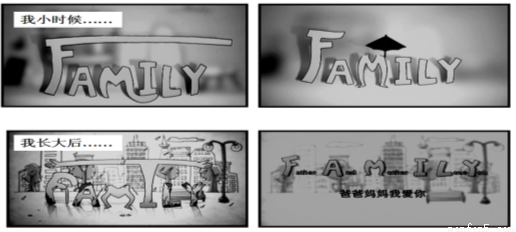题目内容
Last weekend our school held a sports meeting. 1.________(Realize) it was our last high school sports meeting, we decided to make it an unforgettable experience for all of us.
We first attended the opening parade, for _2._______our class had made a lot of ______3._______(prepare).___ 4.__ our excitement, our parade performance was a great success. After the parade, the games started. My classmates attended ___5.____(vary) events such as running, high jump and long jump. Due to the hard training they______6.____(do) before, their performances were very___7.____(impress). On the stand, my classmates applauded and cheered for the athletes, some___8._(raise) their cameras to capture the excitingmoments. Finally, the result ________9._____( announce). It was ____10._____(amaze) that our class won the second place. Our efforts paid off! Cup in hand, we took a picture together.
I believe this sports meeting will remain a precious memory for all of us as time goes by.
1.Realizin
2.which
3.preparations
4.To
5.various
6.had done
7.impressive
8.raising
9.was announced
10.amazing
【解析】
1.Realizing。因为句子主语we和realize之间是主动关系,所以用现在分词
2.which,根据句子结构,此句是一主从复合句,是定语从句,所以填which指代parade
3.preparations。在a lot of后应加名词复数
4.To,固定搭配to one’s excitement令我们激动、兴奋的是
5.various 修饰名词应用形容词
6.had done,“和原来的训练相比,他们的表现给人们留下深刻印象”“过去的过去”过去完成时
7.impressive,作表语应用形容词
8.raising,此处是带逻辑主语的分词短语做状语,some和raise之间是主动关系,所以填raising
9.was announced,此处是谓语动词的被动语态
10.amazing,“令人惊喜的”应用现在分词

 阅读快车系列答案
阅读快车系列答案